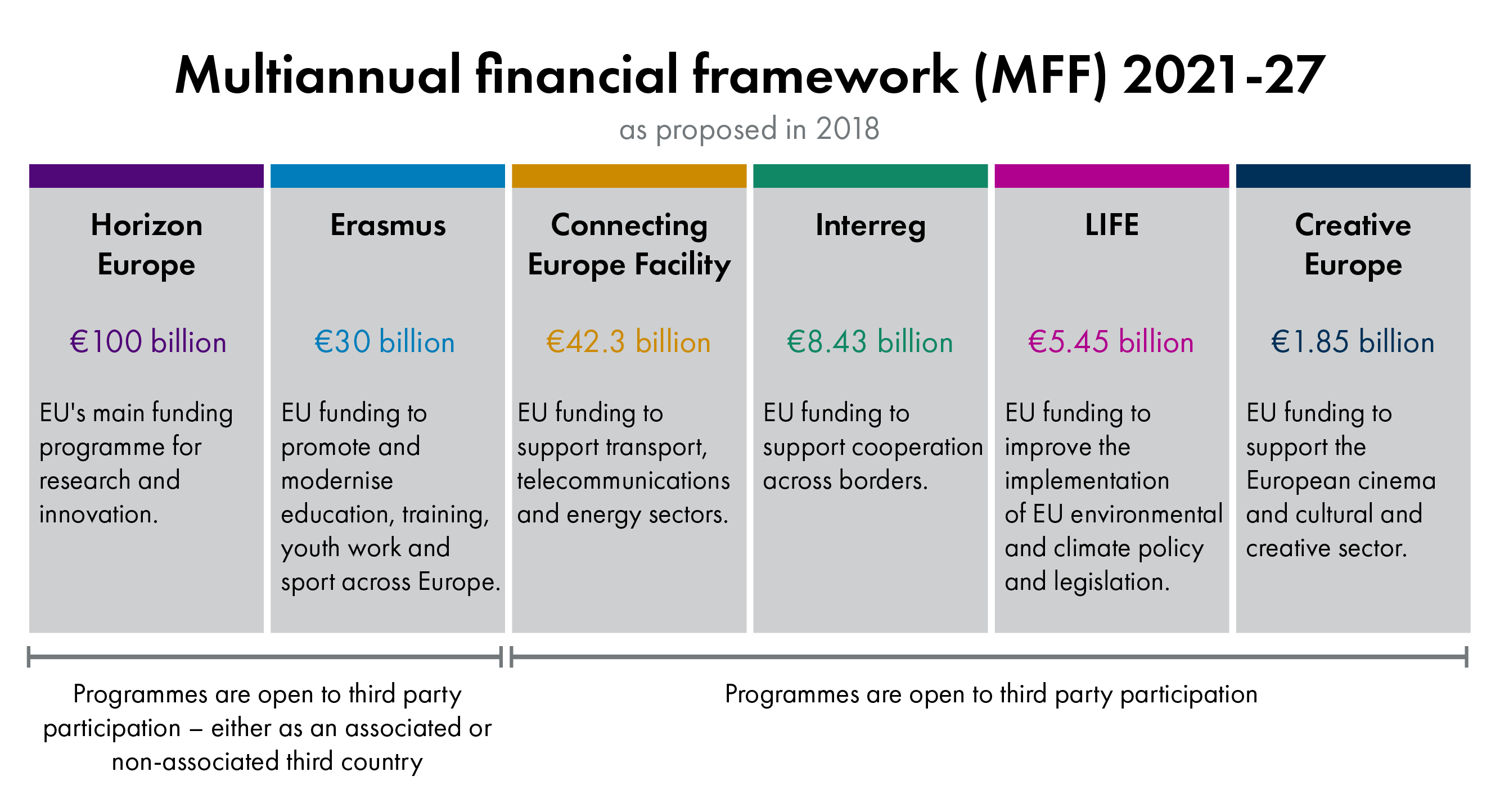Creative Europe Desk UK. (2019). Submission to the Culture, Tourism, Europe and External Affairs Committee Setting the context for the evidence session on Thursday 14 November 2019 as part of the Arts Funding Inquiry On behalf of Creative Europe Desk UK. Retrieved from
https://www.parliament.scot/S5_European/Inquiries/CTEEA_S5_19_AF_67(1).pdf [accessed 20 December 2019]
European Commission. (2018, May 29). Proposal for a REGULATION OF THE EUROPEAN PARLIAMENT AND OF THE COUNCIL on specific provisions for the European territorial cooperation goal (Interreg) supported by the European Regional Development Fund and external financing instruments. Retrieved from
https://eur-lex.europa.eu/legal-content/EN/TXT/?uri=COM%3A2018%3A374%3AFIN [accessed 3 December 2019]

